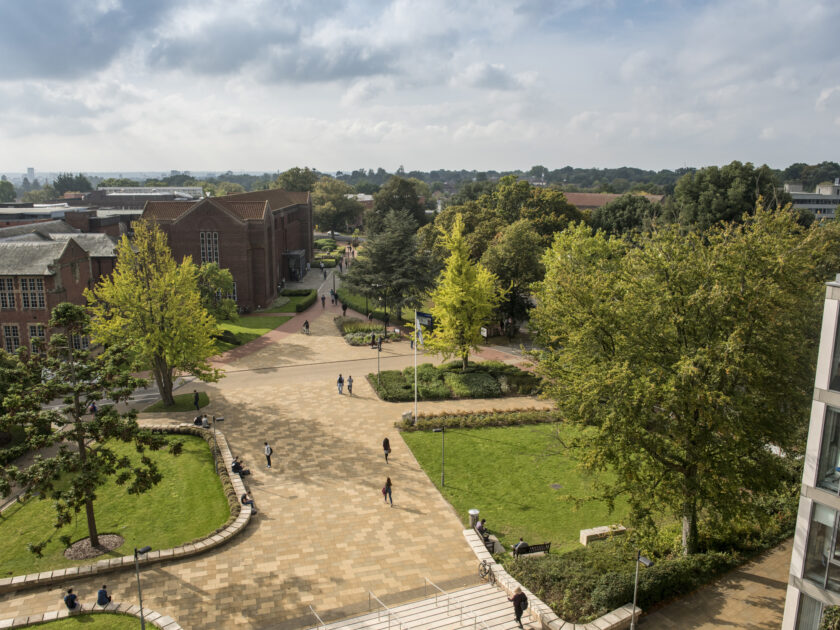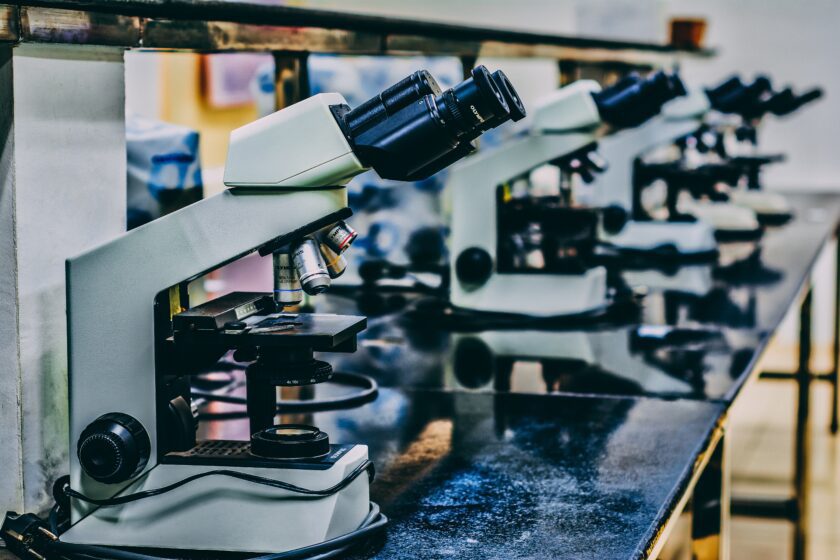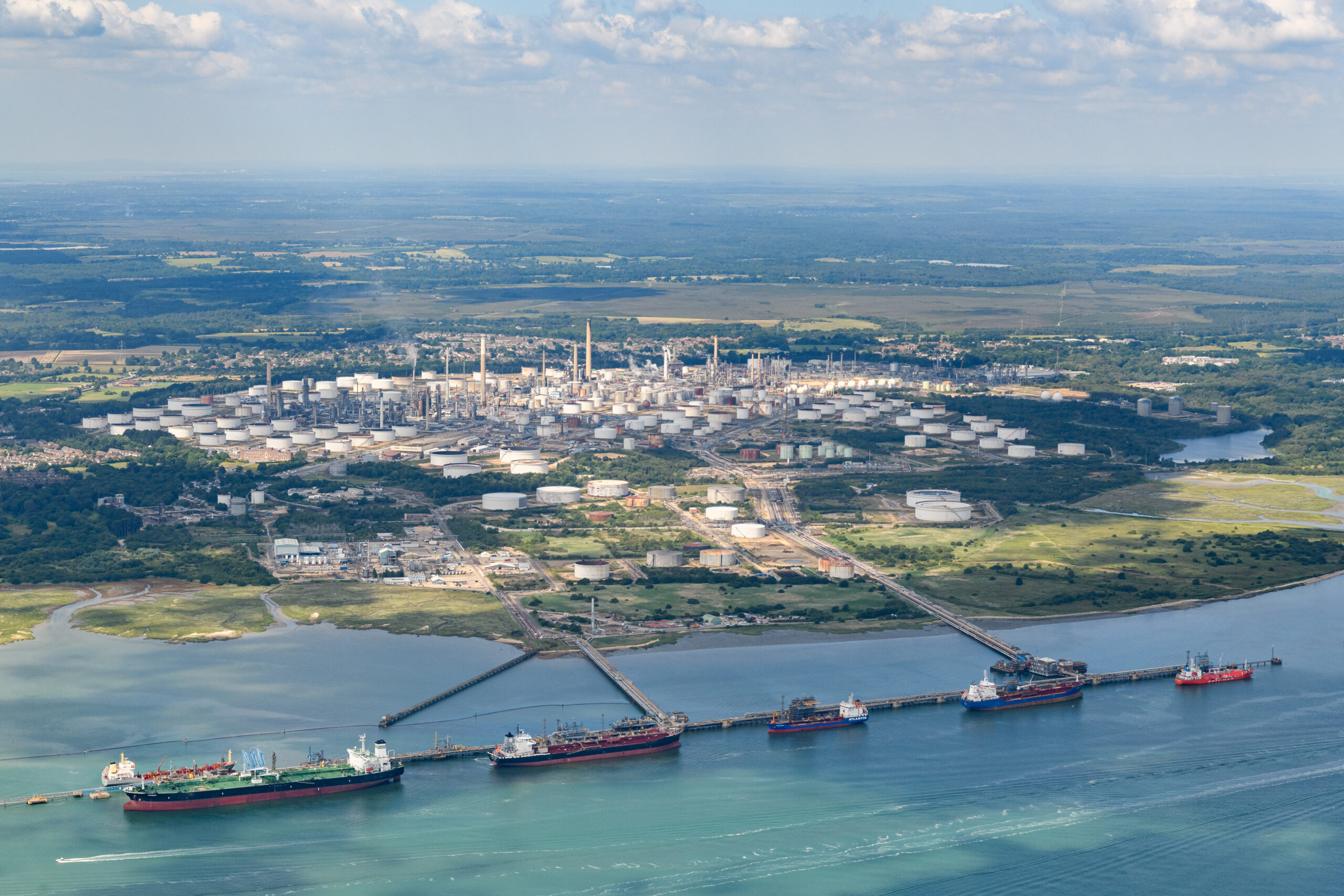Research expertise at the heart of The Solent Cluster
The University of Southampton is a research-intensive university with over 24,000 undergraduate and postgraduate students, and is a founding member of the Russell Group which represents 24 leading UK universities.

Why join The Solent Cluster?
The Solent Cluster plays a critical role in bringing together business, general public, academia, and policy makers as the region and the UK transition towards a decarbonised future. The University has research strengths which are critical to The Solent Cluster particularly with “people” at the heart. This includes city infrastructures, energy, environment, wellbeing, decarbonisation and maritime.
Whilst CCS (Carbon Capture and Storage) and blue H2 (Hydrogen) technologies are generally proven technologies, to initiate the Cluster there will continue to be many research questions that need to be addressed as the UK transitions towards greener H2 solutions. These include technical, societal and political questions which the University of Southampton can help to resolve.

A low carbon future covers every cornerstone of the University
The University of Southampton hosts a thriving inter-disciplinary research portfolio which capitalises on productive industrial collaborations with its research expertise. Within the field of sustainability and decarbonisation they hold notable research strengths in renewable and sustainable energy production, harvesting and storage; carbon capture, utilisation and storage; decarbonised infrastructures; and human behaviour and response to climate change. The interdisciplinary institutes are crucial springboards in driving sustainability impact into the region including the recently launched Sustainability and Resilience Institute, the Southampton Marine & Maritime Institute, Web Science Institute, Institute for Life Sciences, Zepler Institute, and Centre for Operational Research, Management Sciences and Information Systems.
The University of Southampton’s aim is that by 2030, sustainability will be a part of everything the University does including individual behaviours, collaboration, and decision making for the future. This means that by 2030, it wants to have achieved the target of Net Zero for Scope 1 and 2 emissions; have substantially reduced its Scope 3 emissions; and have embedded sustainability into its teaching, learning, research, and professional services operations. It also strives towards continual improvement in areas such as energy reduction, waste and recycling, water consumption, biodiversity and sustainable transport.
A low carbon future covers every cornerstone of the University from its student cohorts who will be advocates for sustainability in the future; through to the research needed to enable it. The interactions with companies of varying scales and their research challenges as they face this transition, will be accelerated through broader cross-sectorial engagement.
View the University of Southampton’s sustainability strategy here.

Dr Lindsay-Marie Armstrong, Associate Professor at the University of Southampton
Dr Lindsay-Marie Armstrong, Associate Professor at the University of Southampton, is one of the six Academic Cluster Leads for the £20m UKRI-funded Industrial Decarbonisation Research Innovation Centre (IDRIC), and her role is to promote interactions with industries across the region as the decarbonised cluster is formed.
“The Solent Cluster brings together efforts from stakeholders, academics and policy makers across the region to support the development of a robust decarbonisation pathway for the future. From an academic point-of-view, the universities in the region can integrate solutions to engineering, technical and environmental challenges whilst incorporating local perspectives on behavioural, economic and policy.”
Dr Lindsay-Marie Armstrong
Associate Professor, Academic Cluster Lead for the Solent Cluster

Become a Member
World leading collaborations creating a network that will decarbonise the South Coast region and beyond.
